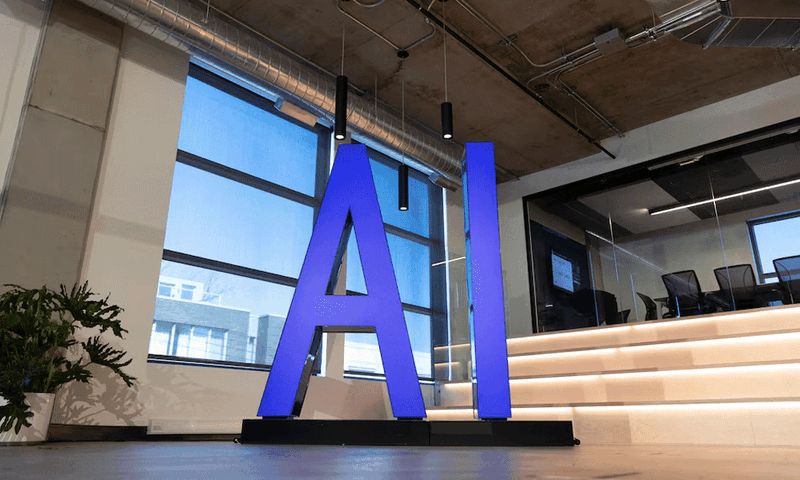RIYADH: Saudi Arabia kicked off a major investment conference featuring heads of state and the global business elite on Tuesday as it seeks support for its sprawling “gigaprojects” and sky-high AI ambitions.
FII, dubbed “Davos in the desert”, will once again try to lure investment dollars to Saudi Arabia as the world’s biggest oil exporter attempts to diversify its economy.
Chinese Vice President Han Zheng, joined by several ministers and more than 150 business leaders, and Syria’s interim president are attending the Future Investment Initiative in Riyadh’s King Abdulaziz International Conference Center, the former royal palace.
Ahmed al-Sharaa, who met with Saudi Foreign Minister Prince Faisal bin Farhan on Tuesday, is also set to meet Crown Prince Mohammed bin Salman and speak at the FII, Syrian state media said.
The ninth edition of FII, featuring some 20 heads of state, is being held against the backdrop of a ceasefire in Gaza and strong economic growth in the Gulf.
Yasir Al-Rumayyan, head of the Public Investment Fund, Saudi Arabia’s influential sovereign wealth fund, said foreign investment grew 24 percent to $31.7 billion last year.
“We have taken Saudi Arabia to the world and now the world is coming to Saudi Arabia,” he said in the opening keynote address.
But questions are swirling over Saudi Arabia’s gigaprojects — the major developments meant to herald its economic transformation — including NEOM, a futuristic new city priced at $500 billion.
Delays, personnel changes and major design rethinks have reportedly affected NEOM, at a time when declining oil revenues are swelling the Saudi budget deficit.
“FII is an important annual opportunity to drum up foreign investments to help finance the expensive and at times challenging economic transformation agenda,” said Robert Mogielnicki, a senior resident scholar at the Arab Gulf States Institute in Washington.
“There is clearly a recalibration of spending priorities going on. So investors will be looking for where the money is headed going forward,” he added.
Karen Young, a specialist in Gulf economic policy at the Middle East Institute, said “pullbacks from some of the megaprojects” would not necessarily deter foreign investment.


